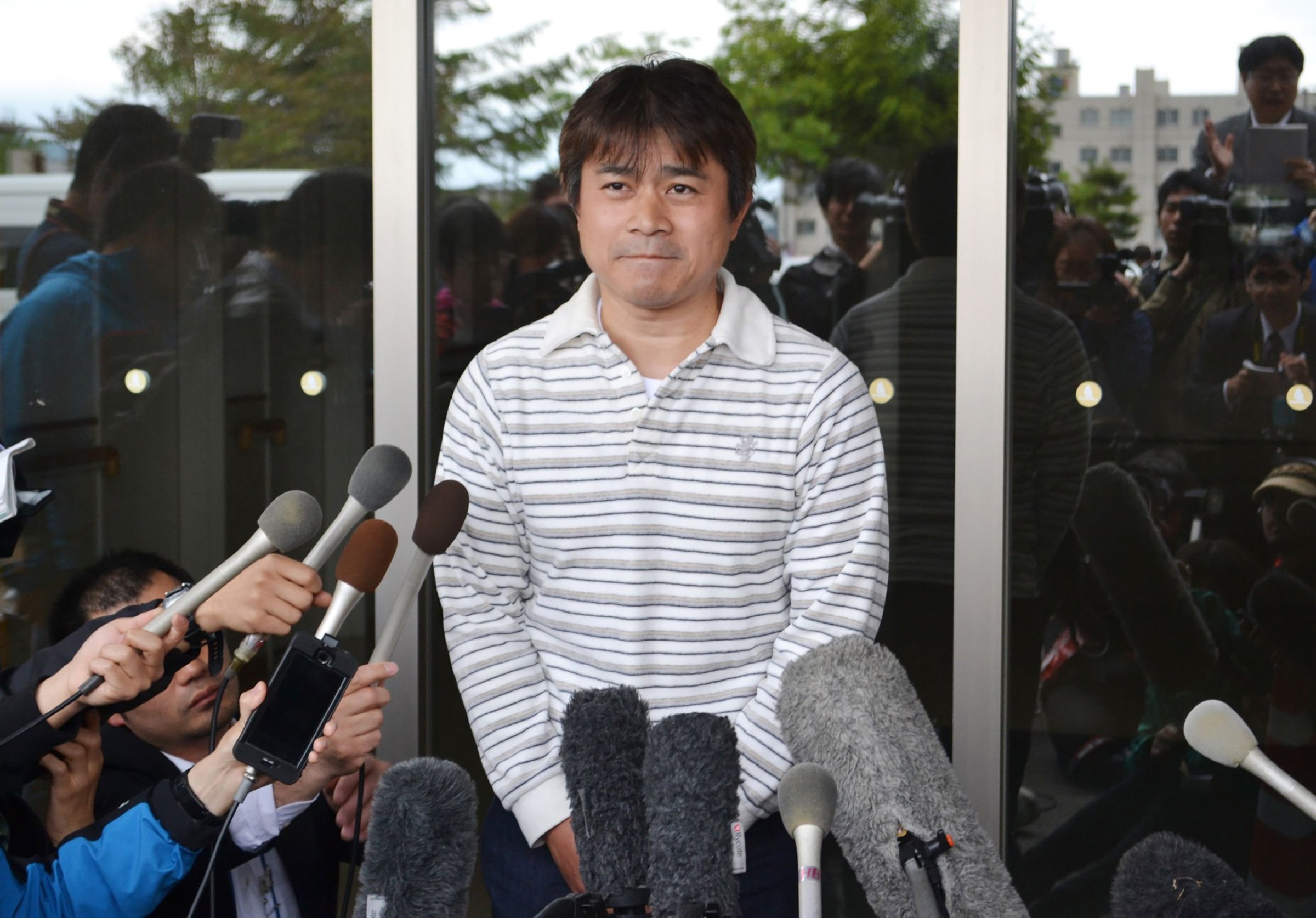
Darlena Cunha is a contributor to TIME
It’s impossible to be a parent in 2016. Living under a viral microscope of social media has all but extinguished any hope parents ever had.
With every move documented in real-time on social media, parents have lost control of the very personal narrative of their real lives. What has for years been a cute story at my family barbecue about the time my mom lost me as a toddler at Disney World would today be a hotly contested debate amid strangers online. These strangers feel they not only have the right to comment and judge all involved, but also to take action, in the form of harassment, badgering, petitions or even phone calls to authorities. There is no such thing as an honest mistake for parents anymore.
Perfect parenting has never existed; but before the wilds of social media, we didn’t hear about the traumatic accidents and close calls as much. We weren’t asked to weigh in and participate in discussions where children had been hurt, lost or stolen. Now we are. And our advice is too often heavy-handed, full of judgment and impossible to follow.
When Michelle Gregg’s child recently scampered away from her and fell into a gorilla pit at Cincinnati Zoo, people called for her to be shot or thrown in jail. They demanded that the little boy be taken away. And not just in conversations to their friends—almost 500,000 people signed a petition stating they believed, based only on what they had read in the news, that the mother was a full-time negligent parent. Police investigated the incident, and no charges were brought forward. Because it was a mistake.
Similarly, a 7-year-old boy was recently found safe and healthy in a forest in Japan, six days after his parents had told him to get out of the car and driven away momentarily after a dispute about whether or not he could throw rocks at other vehicles. Internet comments were fierce and furious. When the boy was found, his parents cried tears of joy, apologized profusely and profoundly, and asked for forgiveness, not only from officials, search party teams and their little boy, but also the from Internet at large. In response there were comments about how they should be charged by law, or even put to death.
When a child gets lost or hurt, it seems we have forgotten the anguish and intense anxiety the parents go through. It’s as if parents are two-dimensional paper cutouts, either good or bad. Emotional strife has no room on the Internet when blame can be invoked. And that blame can act as a balm, spreading over the masses in a comforting swatch of “this would never happen to me.”
The Internet makes it really easy to be a critic—not only in emergency situations, but in the daily grind of parenting.
We can’t spank our children because some commenters call that child abuse. We can’t give in to their tantrums because that could cause a rant that we’re spoiling them. We can’t stick up for our children because we’re entitling them. We can’t discipline them because we’re adding to the problem. We cannot hover over our kids to make sure they don’t get into any trouble because that’s helicoptering. But we also cannot turn away for a second and let them do their own thing. That’s negligence.
And the peanut gallery, which used to shake their heads and scoff, are now going further. The active audiences to these parenting dramas are actively inserting themselves into others’ lives. And at what cost? Will splitting families up unless they adhere to Leave It to Beaver standards help our children or our parents? Life is not a scripted television show. Mistakes happen.
Children are not logical creatures who respond to incentive plans and persuasion around their self interest. They do no care about natural consequences. They are looking for power in the most basic of ways, daily. And parents have to deal with it, daily. Most kids, at some point or another, say “no” when you put them in time out. They walk out of the corner. Sometimes they race through the door. What do you do then, when they’re screaming and crying and kicking because they’re so mad they can’t have a popsicle? If they were an employee, you’d fire them. But parents can’t. Plus, Internet commenters are often sure the only reason a child would ever act like that is because the parents somehow conditioned the child to do it.
Everyone thinks they’re a perfect parent on the Internet. But very few have had to share their own stories of fear and shame. And when they do, the Internet will be there, waiting for them.
More Must-Reads from TIME
- Donald Trump Is TIME's 2024 Person of the Year
- Why We Chose Trump as Person of the Year
- Is Intermittent Fasting Good or Bad for You?
- The 100 Must-Read Books of 2024
- The 20 Best Christmas TV Episodes
- Column: If Optimism Feels Ridiculous Now, Try Hope
- The Future of Climate Action Is Trade Policy
- Merle Bombardieri Is Helping People Make the Baby Decision
Contact us at letters@time.com